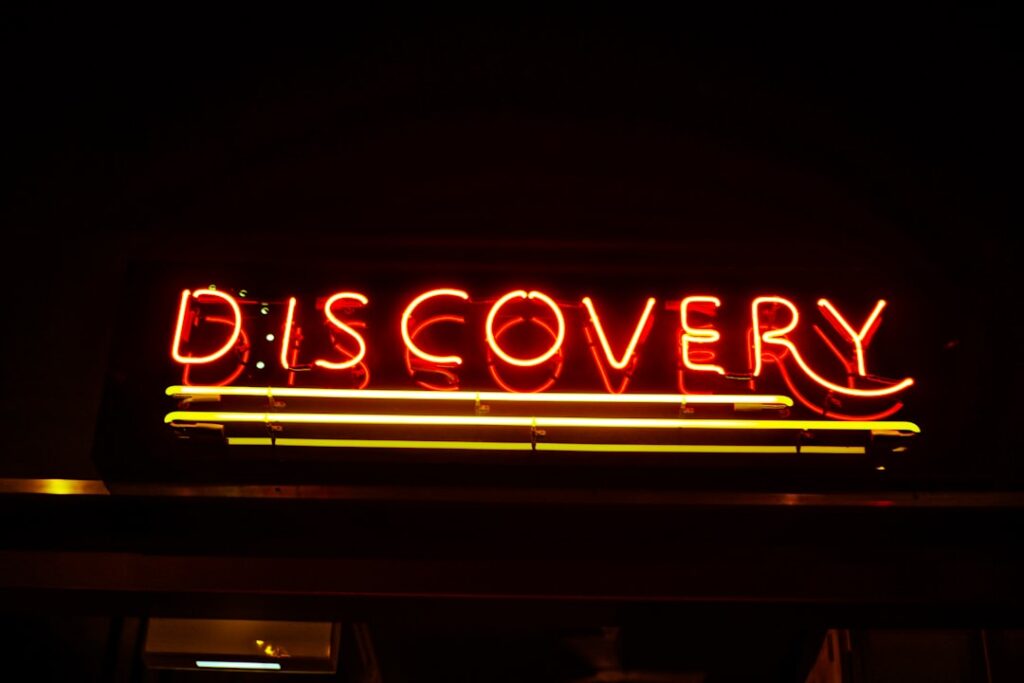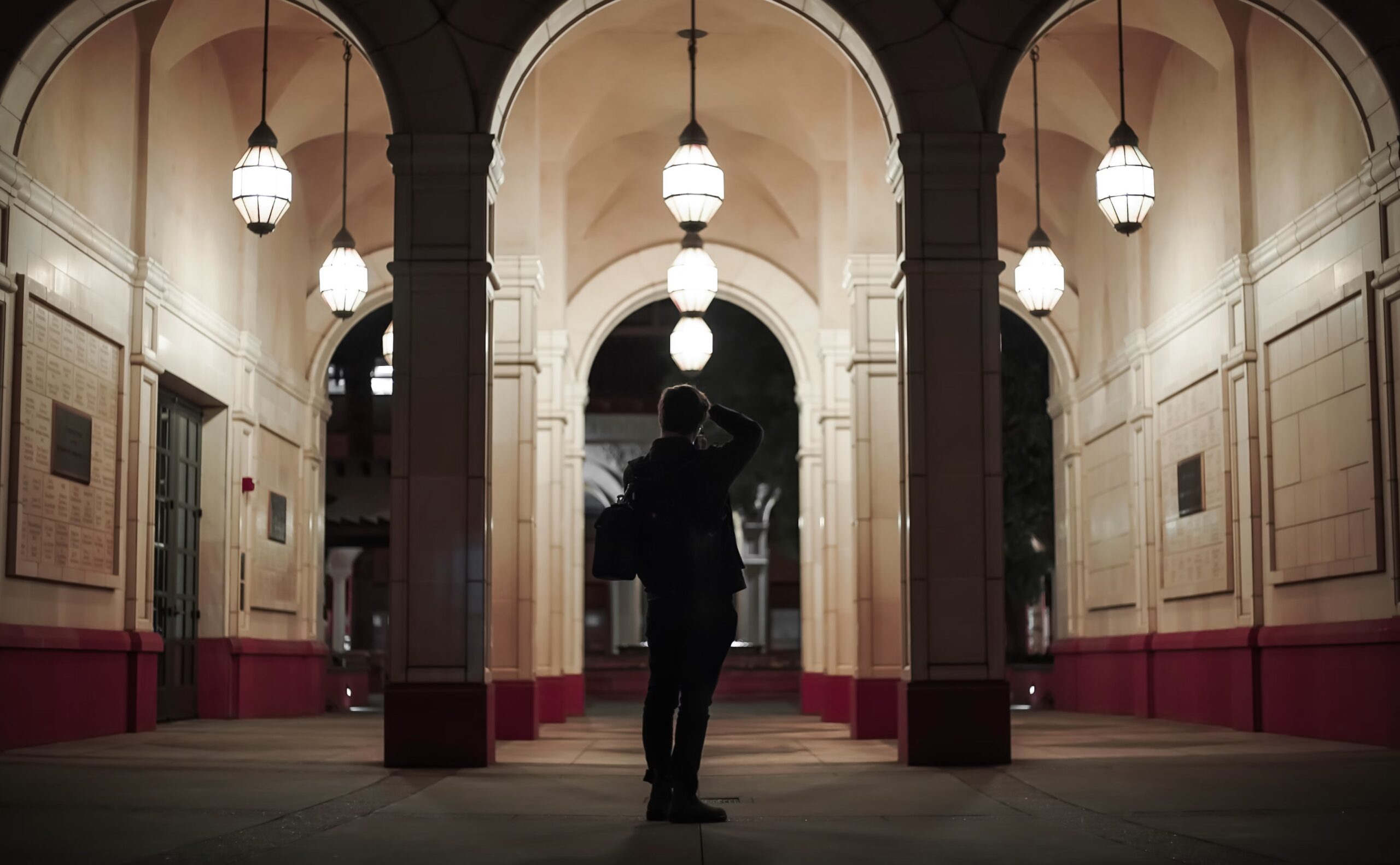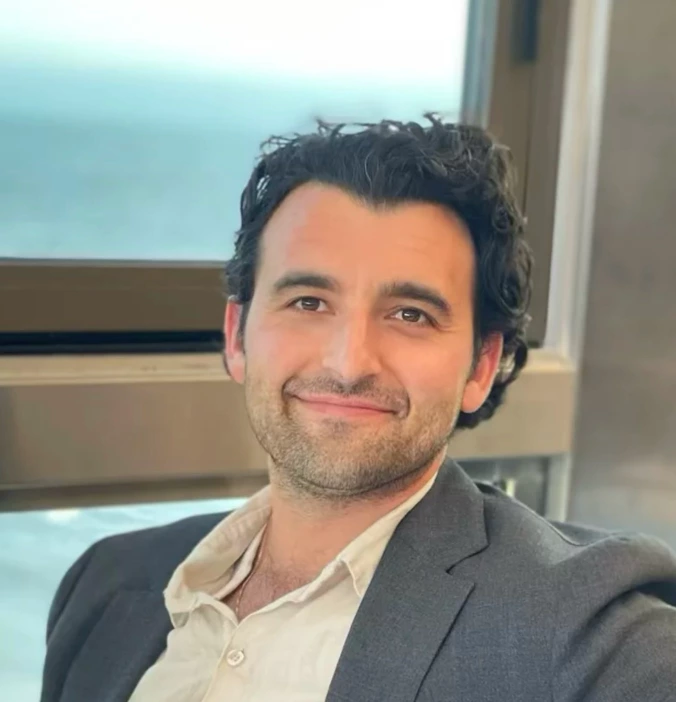I vowed to no longer say “don’t take it personally.” And then, I found myself muttering this very statement after realizing that I wasn’t invited to Mark’s wedding, even though I invited him to mine.
I am a sentimental and nostalgic person. I enjoy reminiscing and reflecting–both about my life and the lives of fictional characters. So much so, I’m an avid listener of rewatch podcasts:
Did you catch the latest episode of “Welcome to the OC, Bitches!”? They finally got Ben McKenzie, aka Ryan Atwood, to come on the show.
With how much I like to travel down memory lane, you might assume I’d enthusiastically attend my high school reunion. And yet, you couldn’t pay me to go. In those four years, feeling lonely 70 percent of the time, I made two friends that meant something to me. Mark was one of them.
Last time I was in New York City, I made an effort to see Mark. We were both engaged at the time–this was one year before I got married. Mark RSVP’d “no” to my wedding.
Approximately four months after my wedding, I thought, “I wonder if Mark will invite me to his wedding.” And then, my mind went, “Wait, did his wedding already…” Before finishing this question, I was searching for his profile on Instagram. After seeing scenic, national geographic like photos that Mark took of the Amalfi coast in Italy with the caption Honeymoon part 1, I felt sad, disappointed, and hurt. However, I wasn’t conscious of these feelings as they surfaced because drowning out their sensations was the voice in my head telling me, “don’t take it personally.”
Taking things personally is fertile ground to learn about yourself–your core beliefs, values, concerns, and fears. Anything that ignites, triggers, delights, and disgusts you has emotional data in it that is ripe for you to investigate and act upon proactively instead of reactively.
The common advice to not take it personally is meant to imply that we shouldn’t be offended or upset by someone else’s behavior. Similarly, “don’t take it personally” is also a way we indirectly tell ourselves or others, “don’t hurt,” “it’s not about you,” and “don’t feel bad.”

More than just “don’t feel bad,” I was shaming myself for feeling bad. Therefore, my version of “don’t take it personally” was implying I shouldn’t feel bad. This type of self-talk was unconsciously trying to control my feelings. Controlling feelings and the belief that feeling bad is wrong are remnants of the traditional view of emotions.
Traditionally, emotions, particularly unpleasant ones, are viewed as getting in the way of acting rationally and maturely. Prior to the 21st century and the introduction of Emotional Intelligence, most people have been taught to either toughen up or look on the bright side. While these seem to be two different strategies for coping with emotions, both approaches are based on the assumption that feeling bad is bad. This makes sense considering the horrific events of human history–wars, genocide, slavery, famines, untimely deaths, and tragic losses. From an evolutionary standpoint, it is more advantageous to bottle your emotions than to collapse into despair or act out in a way that could further threaten your or others’ lives. This strategy, like our biologically wired, stress fueled, and adrenaline driven fight or flight reaction, can be adaptive in the short term when there is an actual life or death level threat. However, during the other 99% of the time, when our lives aren’t at stake, this strategy is detrimental to our wellbeing and performance.
Consciously observing, processing, and making meaning of our experiences requires a variety of psychological skills that are underdeveloped in the majority of people. Self-awareness, self-regulation, and self-reflection skills haven’t traditionally been taught in schools. One place to start is by distinguishing between being an emotion judge versus an emotion scientist.
With the mindset of a judge, we draw definitive conclusions about one thing being true–it’s either this or that. For example, I either feel happy for Mark about his marriage or I feel sad that I wasn’t invited. On the contrary, with the mindset of a scientist, we seek to explore the multitude of truths–shifting from either/or to both/and. I can feel happy for Mark and feel sad that I wasn’t invited. Judging our emotions disconnects us from learning about them. Whereas, relating to our emotions as a scientist, connects us to learning about them and growing from their lessons.

When we choose to turn toward what we (or others) are feeling, we increase our learning potential. Our feelings are data, data that signals what we care about, value, desire, and need. When we don’t take it personally, we invalidate and doubt our feelings. We decrease connection to ourselves and, eventually, others. “To form meaningful connections with others, we must first connect with ourselves,” (p. xxx).
Upon comprehending that I wasn’t invited to Mark’s wedding, my default inner monologue–“don’t take it personally”– attempted to disconnect me from my feelings, and I almost missed out on discovering what those feelings would teach me. Fortunately, I caught this reaction, and redirected myself to take it personally, so I could curiously explore what the feelings were signaling.
As an introvert that struggles with social anxiety and feeling shy when gathering with others, I have lied to myself: I have led myself to believe that, more often than not, I’d rather not be invited to parties. This lie is built on the foundation that by not being invited, I’m spared from having to decide between attending (out of obligation) and not attending to avoid the possibility of feeling the unpleasant emotions that I fear–awkwardness, embarrassment, loneliness, and humiliation.
While it is true that I prefer to not attend large gatherings, it isn’t true that I don’t want to be invited. Because something I value and care deeply about is meaningful connection and deep bonds. As an emotion scientist, I can see how an invitation can trigger apprehension AND grateful feelings. An invitation represents an acknowledgement of and further investment in an existing relationship.
Therefore, only through the process of taking it personally, was I then able to accept responsibility for how I haven’t contributed to the ongoing maintenance of my friendship with Mark. So, this past Friday, I called him just to say hello. If I didn’t take it personally, I would have been bottling instead of feeling my feelings. And I needed to feel my feelings to take action to change the trajectory of the relationship.
Mark didn’t answer the phone. I left him a voicemail requesting to catch up. Two days later, I called another friend of mine who was also invited to my wedding but wasn’t able to attend. We had an enriching and heartwarming conversation for 45 minutes. I was motivated to call him because of what I had processed by feeling my feelings about Mark.
Anytime we feel unpleasant emotions, we are at a psychological fork in the road. We can choose to suppress them and ignore their insights, or we can explore what those feelings are signposting to better understand and accept ourselves. By choosing this alternative path, we enable ourselves to grow beyond the limits of our survival instincts and default habits. The next time you feel stuck, ask yourself, “what have I avoided taking personally?”




